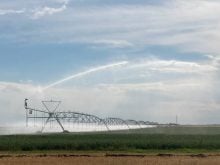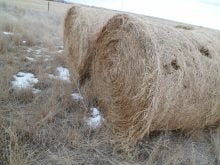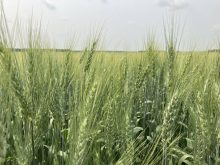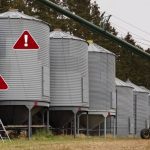When it comes to a good drink of water, cattle may be fussier than people.
A 10-year Alberta study on water quality for range cattle confirms what many who watch cows always suspected.
They don’t gain weight as well as they should.
“It costs you dollars to give your cattle poor quality water,” said Orin Kenzie of Alberta Agriculture, whose research team worked with Agriculture Canada on water quality from dugouts, springs and other sources.
The study results were presented at the recent manure management conference held in Calgary, attended by more than 400 livestock producers, researchers and extension people.
Read Also
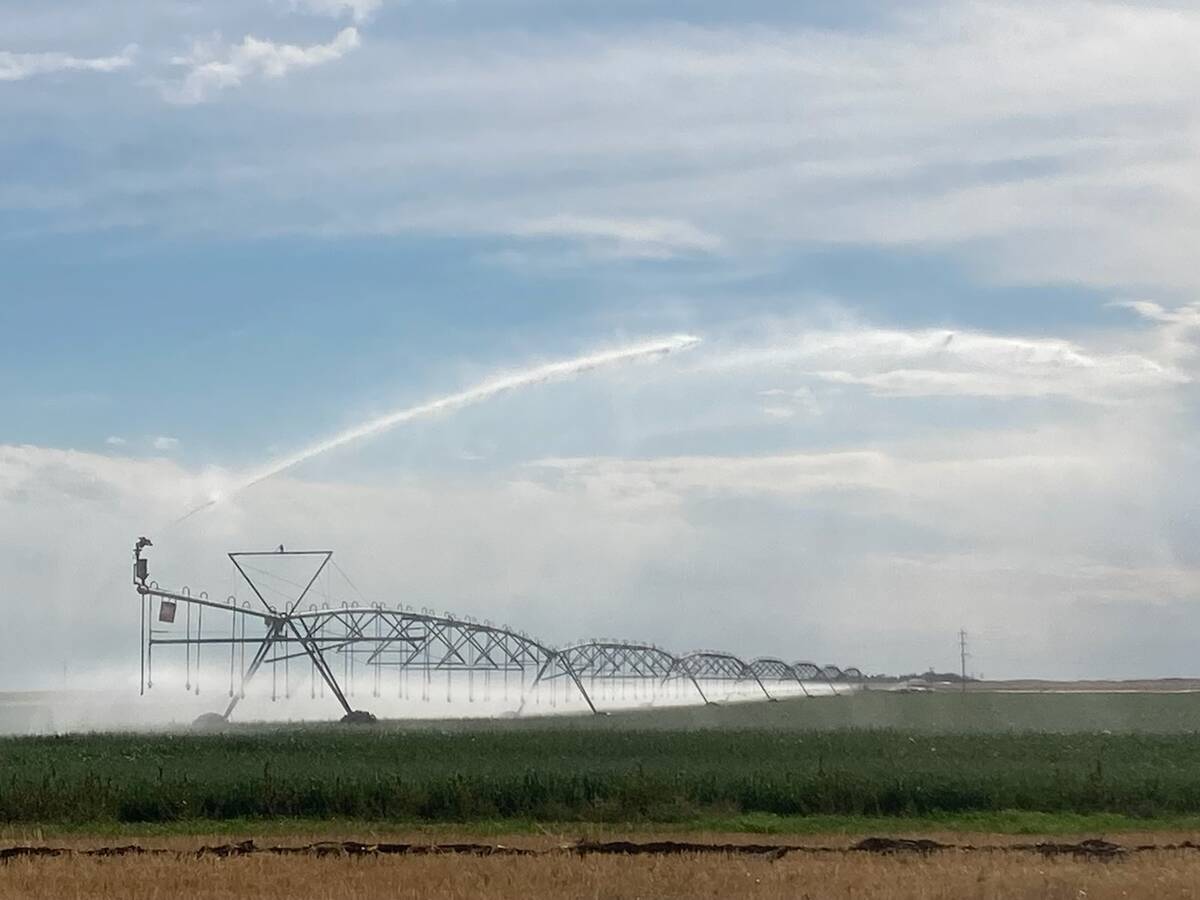
VIDEO: Potato video highlights importance of water conservation
Potato Growers of Alberta release the third of a five-part video series, highlighting the potato industry’s efficient use of water to tend to their acres producing the high-value crop during drought conditions.
All living things need good quality water to survive and thrive, but the condition of many livestock watering sites is not great.
“Producers should want to do more than keep their cattle alive,” said Kenzie.
The study started on a small scale at Stavely in the Alberta foothills.
Two sets of three cow-calf pairs were turned out in two 40-acre paddocks. One side had dugout water while fresh water was hauled to the other group.
All were weighed and had backfat measures taken before the test. At the end of the period the same measures were taken.
Those receiving fresh water gained 23 percent more than those on dugout water. The greatest differences in gains were observed among the calves.
The studies were extended from Stavely to Onefour, Alta., and Kamloops, B.C.
Cause of toxins
Besides weight gain, researchers looked at factors affecting water quality like toxins in the water caused by blue-green algae, salts or pathogens.
Overall palatability of the water was the major factor in encouraging cattle to drink more.
The researchers noticed the more algae in the water, the less the cattle drank. The taste probably turned them off.
There is also an assumption that when a cow wades into a dugout for a drink, she urinates in the water as she leaves. This probably affects the smell and taste.
Cattle are also more sensitive to the smell of water long before people notice a bad odor coming off the water.
“Animals appreciate the taste of water,” said Kenzie.
This was confirmed by adding varying amounts of fresh manure to water, stirring it up and leaving it for the cattle. The cows backed off after taking a sip and would only return if they were very thirsty.
Magnesium, sodium and calcium salts found in the Kamloops test area had an effect on intake.
Cattle that get fresh water and are then switched to saltier water may die because their systems cannot adjust. While the concentration of salts is variable depending on time of year, weight gains in the study were affected because cattle drank less. And if they drink less, they eat less.
To clean up the water, Kenzie recommends keeping animals out of dugouts with fencing or offering cleaner water in troughs. Water may also be treated to improve its quality and subsequent cattle health.


